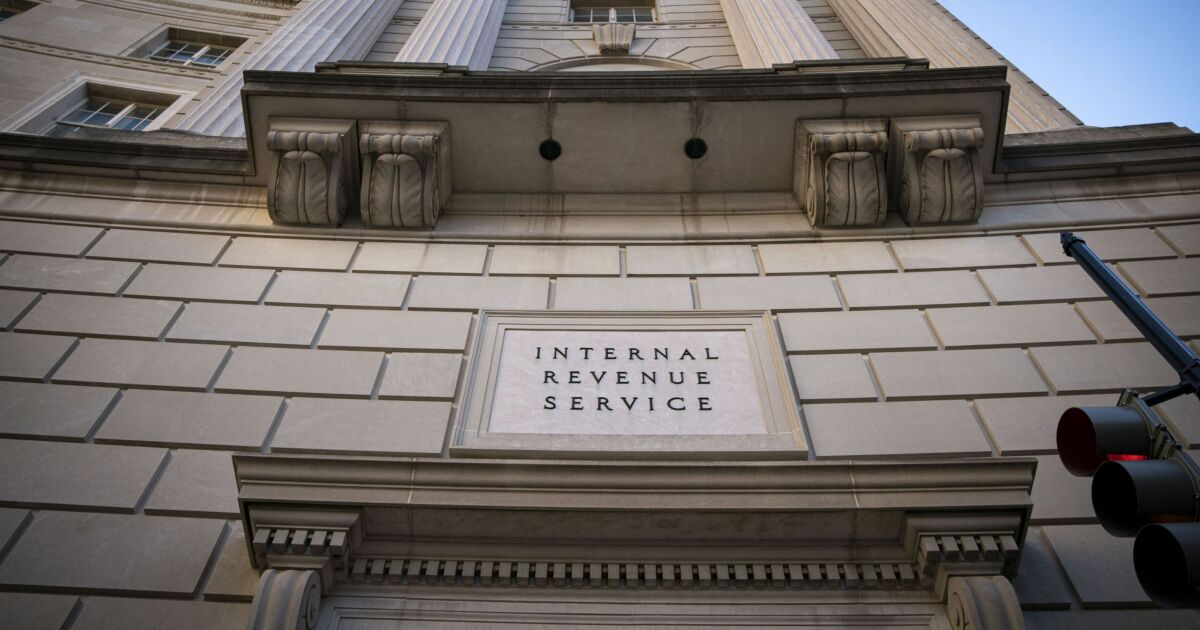The Biden Administration’s multibillion dollar industrial policy program also hopes to help troubled … [+]
getty
Spurring economic growth in America’s declining cities and regions has been a hard-to-achieve goal of public policy. There’s now hope that the Biden Administration’s new industrial policies, might boost growth where other efforts have failed. But the jury is still out.
Industrial policy—supporting specific industries and sectors of the economy—has long been viewed skeptically by mainstream economists. It is caricatured as “picking winners and losers” and substituting government decisions for markets, leading to ineffective and wasteful spending.
Of course, in practice government policy favors or disfavors specific industries throughout our history. Tax and regulatory advantages have stimulated the oil and energy industries, housing and suburban development, agriculture, military research and production, and banking and finance. But supporters of these industry advantages have shied away from the “industrial policy“ label.
In recent years, industrial policy has made both an intellectual and a practical comeback. Harvard economist Dani Rodrick, a leader in this comeback, notes that “mainstream economists have responded to industrial policy with knee-jerk hostility since at least the 1970s.” But recent years have seen both expanded government approaches to industrial policy and also “new academic research” with richer empirical findings and less “ideological hostility” among economists.
In a recent paper, Rodrick and two colleagues review how industrial policy has gone beyond “inward-looking, protectionist trade policies” to include research and development, strategic procurement, spreading innovation, and human capital. He also notes that “advanced economies are heavier users of industrial policy than developing countries.”
The Biden Administration has enthusiastically adopted industrial policy. Several major new laws, some passed with bipartisan support, are pumping billions of dollars into targeted industrial policies, while trade and other international economic policy also are shifting their focus. Special attention is going to semiconductors, in order to reshore production and compete with China, and also to electric vehicles and other clean energy efforts to fight climate change.
Although the industrial focus has been the main driver of the policies, Brookings Institution scholar Mark Muro points out another aspect of the Biden program: “key elements of the new approach are strongly place-based.” The Biden Administration and others hope the new industrial policy also will help economically declining regions and metropolitan areas.
As I discuss in my recent Columbia University Press book, Unequal Cities, mainstream economics generally looks down on placed-based policy. Harvard economist Ed Glaeser, the leading mainstream urban economist of our day, has said the goal of “the economic approach to urban policy” is “to increase the choices available to people,” including movement to economically growing places, not investing in economically declining places.
In this mainstream view, if some cities or places grow too expensive while others decline, then market incentives will push capital and people to the less expensive places. Over time, this process of “convergence” will tend to equalize or lessen the gaps in prices, living conditions, and prosperity among different regions.
But we haven’t seen the predicted convergence. High-cost cities stay expensive, and high-growth industries remain overconcentrated in a few locations, often those with much higher wages and housing costs. Economist Enrico Moretti saw this “growing divide between American communities” as “the Great Divergence,” and market forces were not correcting it.
So even though the Biden policies have an industry focus at their core, Brookings’ Muro notes they also hope to target economically troubled regions and metropolitan areas. The Brookings Metro program identified 19 place-focused programs with almost $80 billion in spending across the various Biden initiatives.
The new programs frequently focus on industry or economic “clusters,” not primarily or exclusively on geographic economic distress. And they often come as “challenge grants,” meaning industry-focused state, local, and private investments, coordination, and planning will help get the federal resources, and they will be managed primarily by state and local governments.
This raises concerns. America’s expensive history with state and local economic development incentives, often targeted on attracting specific companies with deep tax breaks, hasn’t produced much measurable economic improvement in declining regions. Watchdogs like Good Jobs First consistently report such incentives enrich firms at the expense of communities and workers, without producing the claimed economic benefits.
But the Biden spending is moving forward. The federal government, states, localities, and citizens must now push for strong accountability and transparency, with legally binding goals and strategies for jobs and equity. Otherwise, America’s latest round of industrial policy won’t help the people, regions, and communities who need it the most.
That means pushing for union jobs, equitable job access for excluded workers, adequate training and education programs, family supports like child care and good education, and tight oversight of companies, all things we’ve failed to include in previous rounds of public economic development spending. Without those, the massive industrial policy spending we’re undertaking won’t generate truly inclusive prosperity.
Credit: Source link











